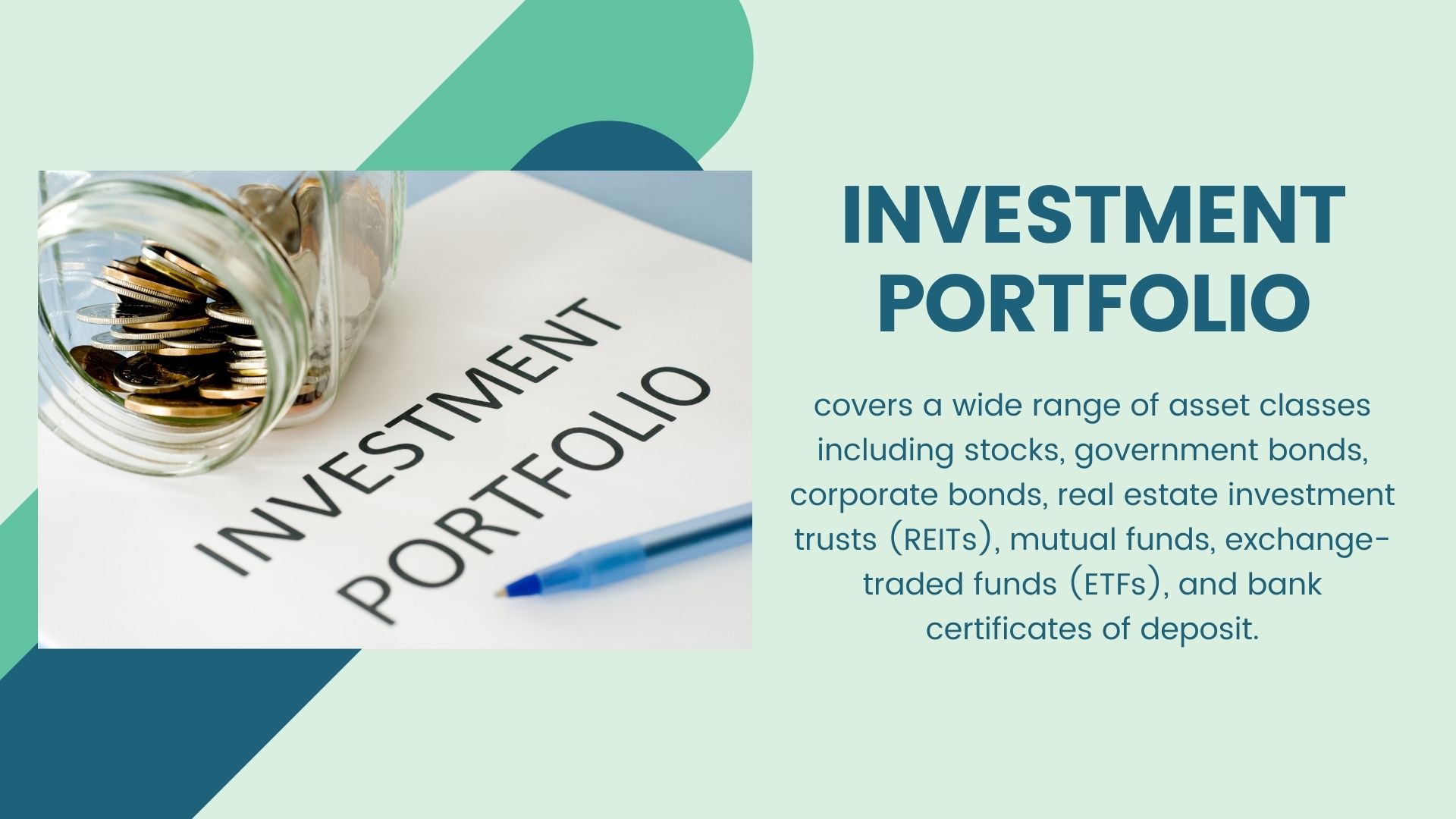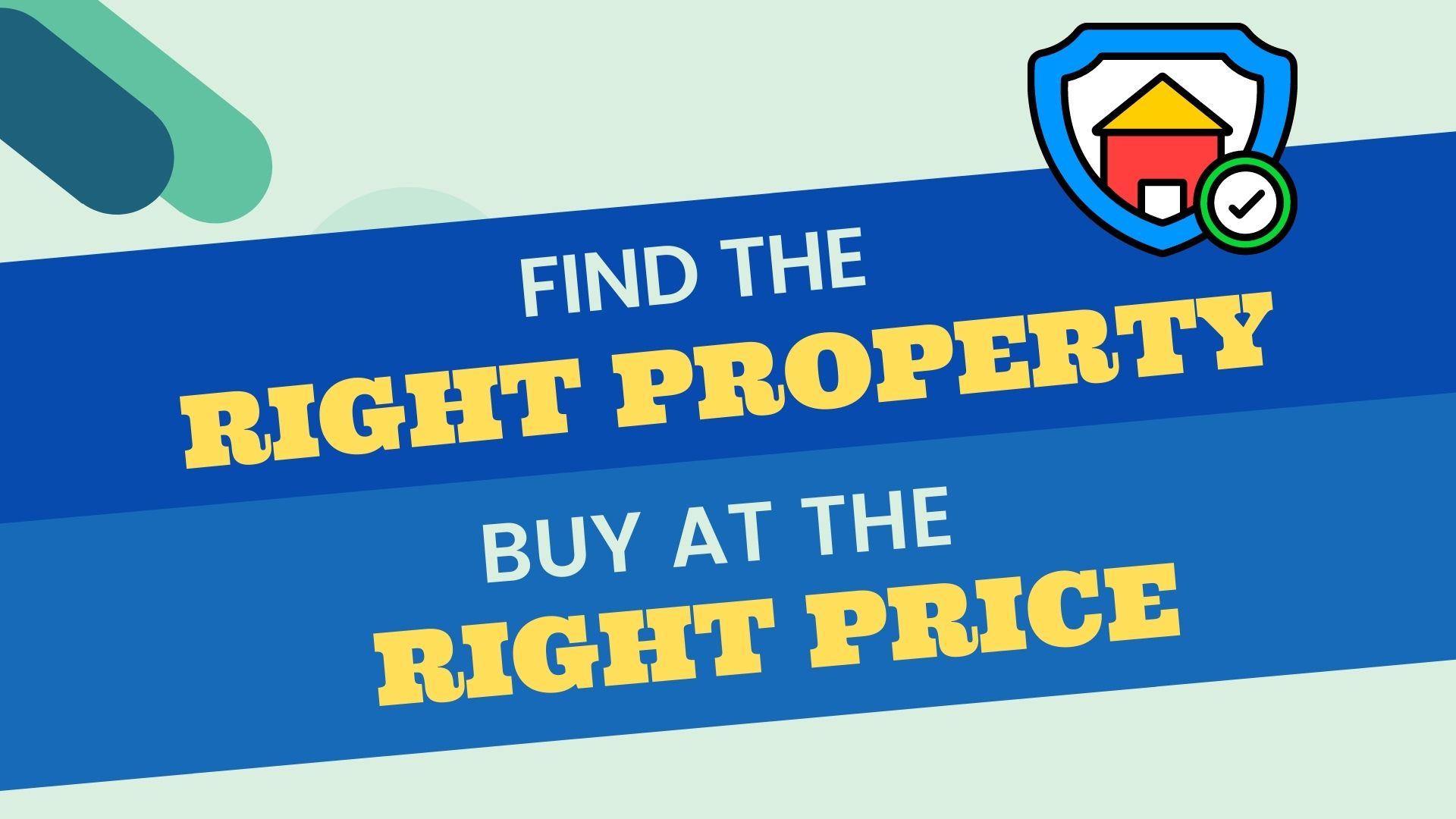
1. Select the Right Property at the Right Price
The key to investing in real estate is ensuring you purchase a property that has room to increase in value thus providing you with the all-important capital growth. Ideally, through research, patience, and timing you will acquire a property below its real market value which provides you with immediate return. We’d recommend researching properties in your local area to find out what they’re selling for and then when a bargain emerges, you’ll be able to recognize it immediately. Also, take into account the rental income you’re likely to receive on the property so remember to check comparable rental prices on any property you’re considering.
2. Understand the Numbers
Cash flow is king for any effective investment property strategy so understanding the sums is critical when purchasing such a large and expensive asset. Being able to afford the repayments over the longer term must be taken into account, particularly as there are no guarantees tenants will always be in the property. Once tenants are in place and you have bought the property, it can be quite inexpensive to keep and service the loan if you have chosen well and remained within your budget. This is also taking into account the depreciation you can access come tax time.
An example of what it might cost to own an investment property based on a purchase price of $500,000.
- Purchase Price: $500,000
- Stamp Duty & Other Costs: $20,000
- Loan Amount: $520,000
- Rental Income: $450/week
- Ongoing Costs
- Interest Cost @ 5.00% p.a: $26,000
- Rates: $1,500
- Land Tax: $804.00
- Agents Fee @ 7%: $1,638
- Insurance: $500
- Total Costs: $30,422
- Less Rent: $23,400 ($450 per week x 52)
- Annual Shortfall: $7,022
- Less tax deduction: $3,160 (assuming a tax rate of 45%)
- Annual after Tax cost: $3,862 or the equivalent of $74.26 each week
- $75 per week is the equivalent to a tank of petrol or a couple of decent bottles of wine each week so when put in perspective, this strategy can be quite cost-effective to maintain.

3. Invest in a Good Property Manager
The value of an efficient and professional Property Manager cannot be underestimated when building your investment portfolio. Their role is to manage your property as though it were their own, ultimately securing you the best possible value for your investment. A good one should be able to provide advice on property law, your rights, and responsibilities, and what rental income you can hope to expect. Their role is to also find you excellent tenants and work to keep them happy over the period of their occupancy, extending their stay as long as possible. Always follow up to ensure regular inspections are being carried out and that you’re receiving inspection and maintenance reports. Once you find a good Property Manager, involve them in your strategy, helping to ensure they feel personally connected to the outcome.
4. Research the Market
Do your research. Find out what other properties are available in the suburbs you’ve identified and contact as many real estate agents as possible. Take the time to also speak to local members of the community to find out the "inside information". Be open with the agents and let them know you’re speaking to others with similar properties which encourages them to be more open with their own information and local knowledge. Utilize online tools such as RP Data which can provide handy and up-to-date information on the average rent, property values, demographics, and reports on the areas you’re interested in.
5. Pick the Right Mortgage
With hundreds of lenders and an array of mortgages to choose from, doing some research to understand which suits your personal circumstances is key. Accessing sound advice from a financial lender you trust is a recommended step early on in the process so you can educate yourself on the borrowing costs which aren’t tax-deductible. Structuring your loan correctly from the outset is crucial to any solid investment strategy and many advisors suggest keeping your home loan and investment property loans separate so you can maximize your ongoing taxation benefits and reduce accounting costs.

Again, don’t try to do it all yourself as no one person can know everything. Leveraging knowledge from trusted experts such as an excellent Property Manager and a sound Financial Advisor can make all the difference so speak to friends, ask for referrals and find service providers you like, trust, and can envisage working with over the long haul.

